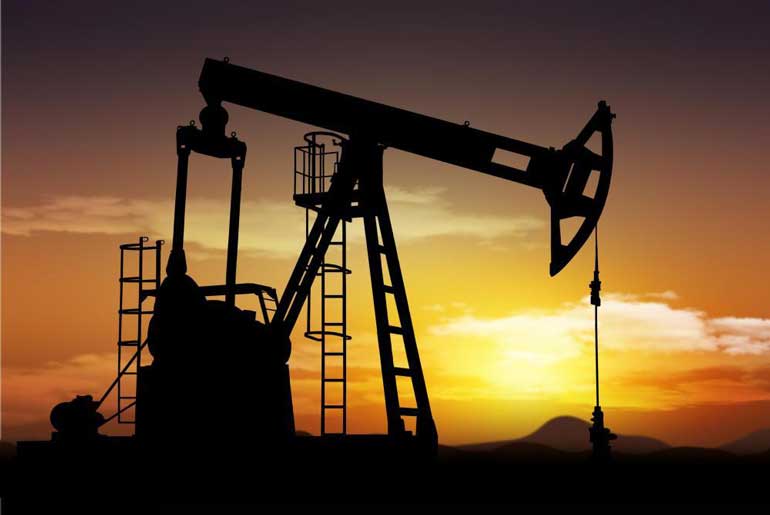Monday Mar 02, 2026
Monday Mar 02, 2026
Monday, 28 December 2015 00:00 - - {{hitsCtrl.values.hits}}

The days ahead may just be harder than envisaged as the International Monetary Fund (IMF) says crude oil prices may slump to as low as $ 20 per barrel in 2016.
Following the release of the ‘IMF Executive Board Concludes 2015 Article IV Consultation with Iran’ report, the body highlighted that the price of crude oil could drop between $ 5 and $ 15 in 2016. According to IMF, the dwindling oil prices would not have overtly negative effect on Iran, whose gross domestic product (GDP) is expected to rise four to 5.5% by 2017.
“Prospects for 2016/17 are brighter, owing to the prospective lifting of economic sanctions. Higher oil production, lower costs for trade and financial transactions, and restored access to foreign assets, are expected to lift real GDP to about 4-5.5% next year,” IMF said. The same cannot be said for Nigeria, whose 2016 budget is benchmarked at an oil price of $38 per barrel for the 2016 fiscal year. With Nigeria expected to produce 2.2 million barrels of crude oil per day in 2016 and sell at $ 38 per barrel, the country expects to generate $ 83.6 million per day in 2016 – $ 30.514 billion in the year 2016.
Going by IMF’s predictions at $ 20, Nigeria would generate $ 44 million per day in 2016, amounting to $ 16.060 billion in the year. This would mean that Nigeria would get at least 47.4% less revenue from oil than what is already projected, consequently adding more pressure to the nation’s need to go borrowing in 2016. According to President Muhammadu Buhari, oil related revenues are expected to contribute N820 billion to the economy, while the budget deficit which stands at N2.22 trillion would be funded by foreign and domestic loans. If the N820 billion expected from oil revenues is cut by 47.4% – the IMF projected decline in oil prices – the nation’s budgetary deficit would move N388.68 billion to N2.59 trillion. As at November, Iran, with the world’s fourth largest oil reserves, had 36 million barrels of oil stored in offshore tankers for sale in 2016 – sure to drive oversupply.